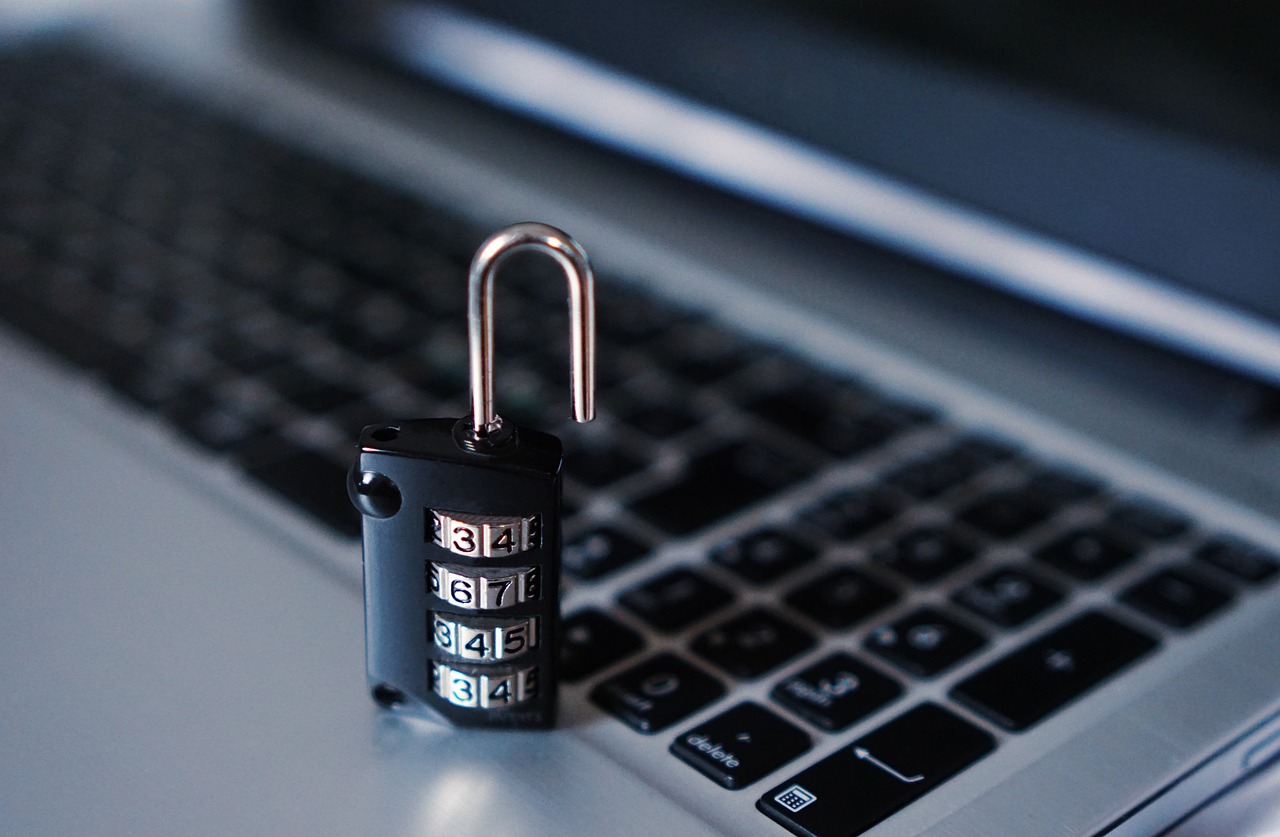5 Ways to Protect Yourself Online

The internet can be a tricky environment to navigate nowadays. From phishing emails claiming to come from wealthy Nigerian princes to fake websites set up to steal your details, there are all sorts of security pitfalls to be wary of online. Indeed, it was recently revealed by Forbes that 4.1 billion records were exposed by data breaches in the first six months of 2019 alone.
However, that doesn’t mean you should be afraid of interacting with others and conducting business transactions online. As long as you take basic precautions and keep a watchful eye out for malicious content, you can maintain cybercrime at arm’s length. Here is a handful of easy-to-follow tips and tricks to stay one step ahead of the hackers and protect yourself online.
Avoid public Wi-Fi
Although internet cafes and other sources of public Wi-Fi can be very convenient if you need to get online when you’re out and about, they’re often unsecured and can be a den of cybercriminal activity. Refrain from using them if at all possible, and never input personal information or log-in credentials into a website while using free, unsecured Wi-Fi.
Use a VPN
If you really must surf the web while you’re on the go, it’s advisable to download and install a virtual private network (VPN). What is a VPN service, we hear you ask? This simple but effective application masks your IP address and encrypts all data sent over it, making it much more difficult for hackers to access your sensitive information.
Look for SSL certification
As well as encrypting your data via a VPN, you should also look for the same fundamental protections from each site you visit. You can verify whether a website uses encryption technology by verifying if it has an SSL certificate. This will be apparent by the appearance of a tiny padlock in the address bar and the use of a “https” domain instead of a “http” one.
Use strong passwords
A good password is one which can’t be guessed, even by those who know you well. A random combination of letters, numbers and symbols is the most secure, but it’s possible that it’s so strong even you will forget it! If that’s the case, opt for a sentence (using certain numbers instead of letters) that’s at least 12 characters in length. Never repeat passwords across sites, either.
Enable two-factor authentication
Have you heard of two-factor authentication, or 2FA, before? This ingenious method of locking your devices simply asks for an additional piece of information sent via a different medium to guarantee you are who you say you are. For example, a site may ask you to input a code sent by text or email to back up your login name and password, thus enhancing your security considerably.
Nowadays, the internet is awash with opportunistic criminals looking to make a quick buck by stealing your sensitive info. However, taking a prudent approach to the subject of cybercrime can keep you and your data safe when surfing the web.




